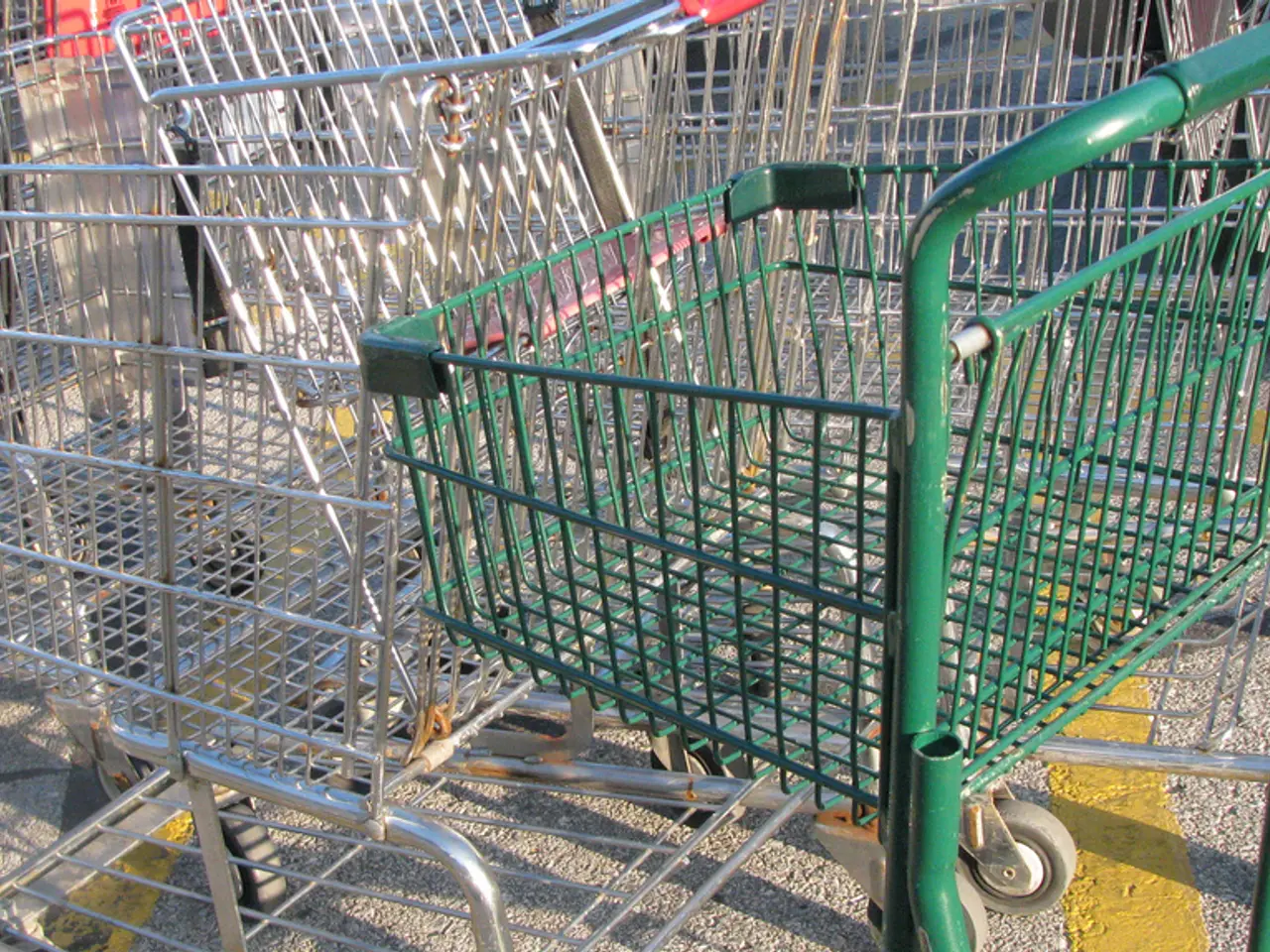Monumental undertaking or vast endeavor
The city of Düsseldorf has taken a significant step towards modernizing its transport infrastructure with the announcement of the new construction of the Theodor-Heuss-Bridge. Stephan Keller, the city's mayor, has initiated the planning process for this project, which is expected to be completed by the end of the first quarter of 2026 [1].
The city council has allocated a total of 22.2 million euros for the project [1]. Dorothée Schneider, City Treasurer, has assigned the planning and construction task to IPM, the city's in-house company specializing in high-rise buildings [1].
The plans for the new construction focus on deciding whether the replacement structure will be a bridge or a tunnel and whether it will include public transport (ÖPNV) options. A decision on this matter is expected by mid-2025 [2]. If implemented, the inclusion of ÖPNV could improve public transport connections across the Rhine, benefiting residents and reducing reliance on cars.
The project is part of a broader mobility turnaround aiming to improve transport infrastructure in the city. Urban greening and “grey to green” programs are also being promoted alongside such infrastructure projects, potentially enhancing the environmental quality in Golzheim and the adjacent Rhine Park [2].
However, the residents' initiative in Golzheim has been criticizing the new construction of the Theodor-Heuss-Bridge. Members of the initiative have expressed concerns about the potential negative impacts on the living and recreational quality in Golzheim, especially in the Rhine Park, due to the supposedly wider bridge design, the possible construction of a tram line, and the resumption of heavy goods traffic [3].
Several thousand signatures have been collected for the petition "Save Golzheim!" [3]. Members of the initiative have also suggested implementing concepts against too much car traffic, similar to those seen in cities like Paris [3].
As the planning and construction process moves forward, essential preparations such as the construction survey and the investigation of the building site will be carried out [4]. Tender documents for the preliminary investigation and preliminary planning must also be prepared [4]. The city council will decide on the bridge cross-section and further planning steps after completing the preliminary investigation and feasibility study [5].
References: 1. Theodor-Heuss-Brücke: Planung für Neubau startet 2. Mobilitätswende in Düsseldorf: Neubau der Theodor-Heuss-Brücke 3. Initiative "Rettet Golzheim!" kritisiert Neubau der Theodor-Heuss-Brücke 4. Ausgrabungen und Untersuchungen am Baugelände sollen durchgeführt werden 5. Tender documents for the preliminary investigation and preliminary planning must be prepared
The city's allocated funds for the new Theodor-Heuss-Bridge project boldly illustrate the significant investment in the city's infrastructure, with a remarkable €22.2 million earmarked for this modernization effort. The project's potential impact extends beyond just transportation, as the implementation of public transport options could positively affect local businesses by improving the city's overall connectivity and reducing reliance on personal vehicles.




